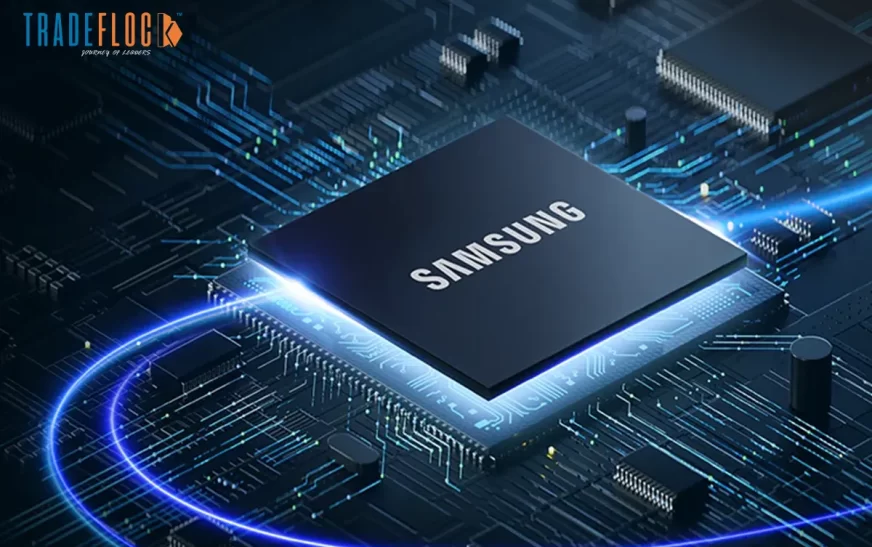Samsung Electronics forecasts that demand for memory chips in the global AI infrastructure build-out will significantly surpass its supply, prompting the company to focus on mass-producing its most advanced chips to capitalise on the AI boom. The company reported a record quarterly revenue from its memory chip division, marking a strong turnaround after recent disappointing performances as it struggled to compete in the AI chip race.
The world’s leading memory chipmaker plans to substantially expand production of high-bandwidth memory (HBM) chips, essential for AI chipsets, and will increase capital spending next year to meet rising demand. Kim Jaejune, a Samsung executive, stated that customer demand for the upcoming year will exceed the company’s capacity despite planned investments, with demand expected to further accelerate prices.
Samsung’s shares rose up to 5.3% after the announcement, outperforming the 0.9% KOSPI gain. The bullish outlook mirrors rival SK Hynix, which also expects an extended AI-driven chip super cycle and has sold out chips for next year.
Rising chip prices and supply constraints reflect a shift toward advanced AI chips amid increased data centre demand. Kim said supply shortages for mobile and PC memory will likely continue into next year. Samsung’s chip division made 7 trillion won ($4.92 billion) in operating profit in Q3, up 80% YoY, with memory revenue hitting a record 26.7 trillion won.
Also Read: Amazon Subsidiary Expands with $5B South Korea Investment
The company’s current-generation HBM3E chips, supplied to multiple clients including Nvidia, highlight its participation in the AI chip market. Looking ahead, Samsung expects AI industry growth to open new opportunities, with HBM4 samples already shipped to key clients and mass production planned for next year. The company has also lined up customers for its expanded HBM capacity in 2026, with internal reviews underway for further capacity increases. Its third-quarter operating profit aligned with estimates at 12.2 trillion won.











